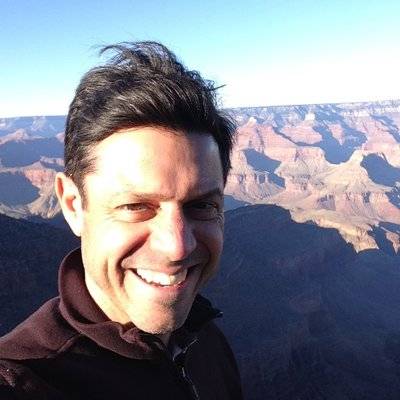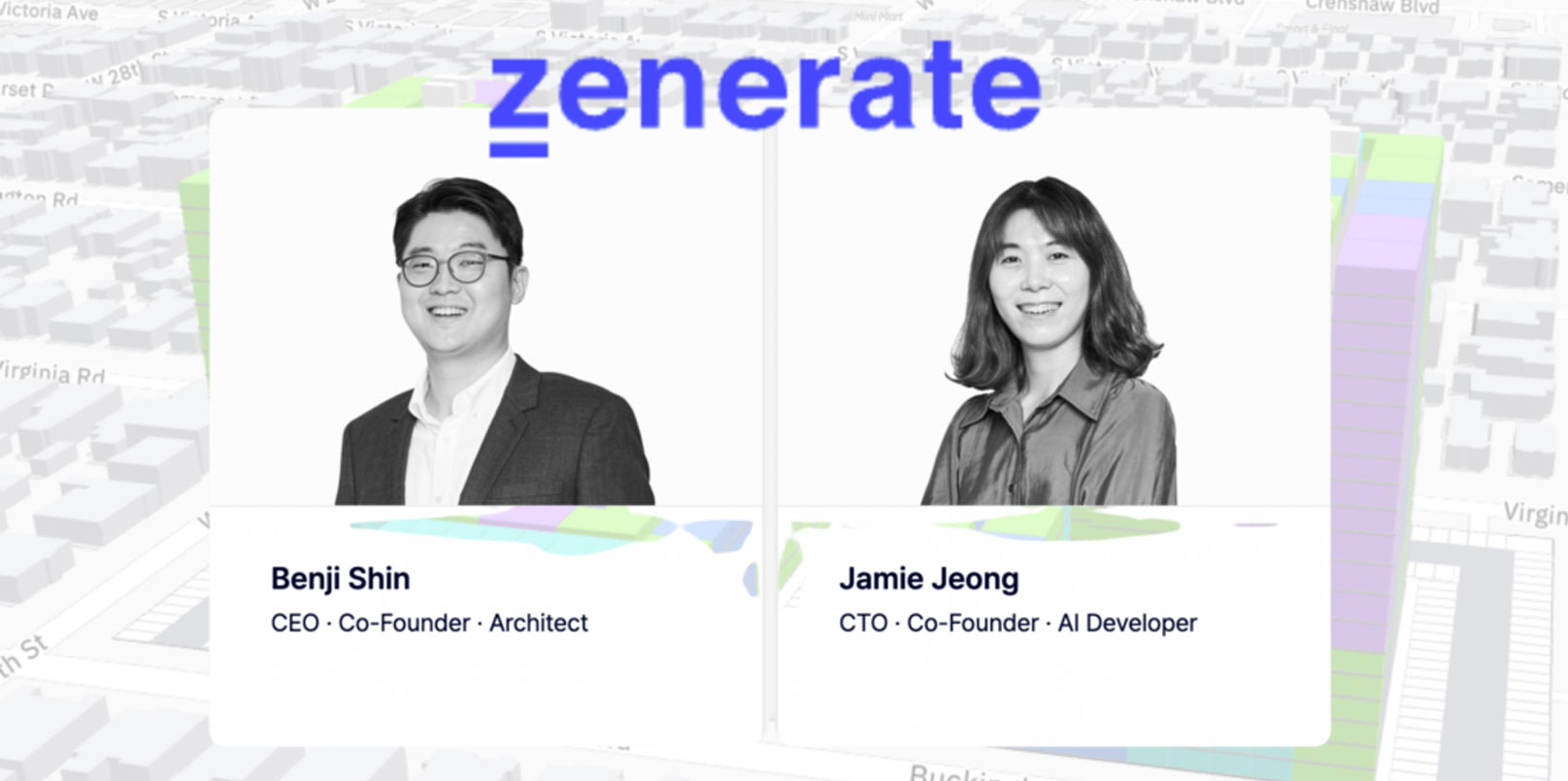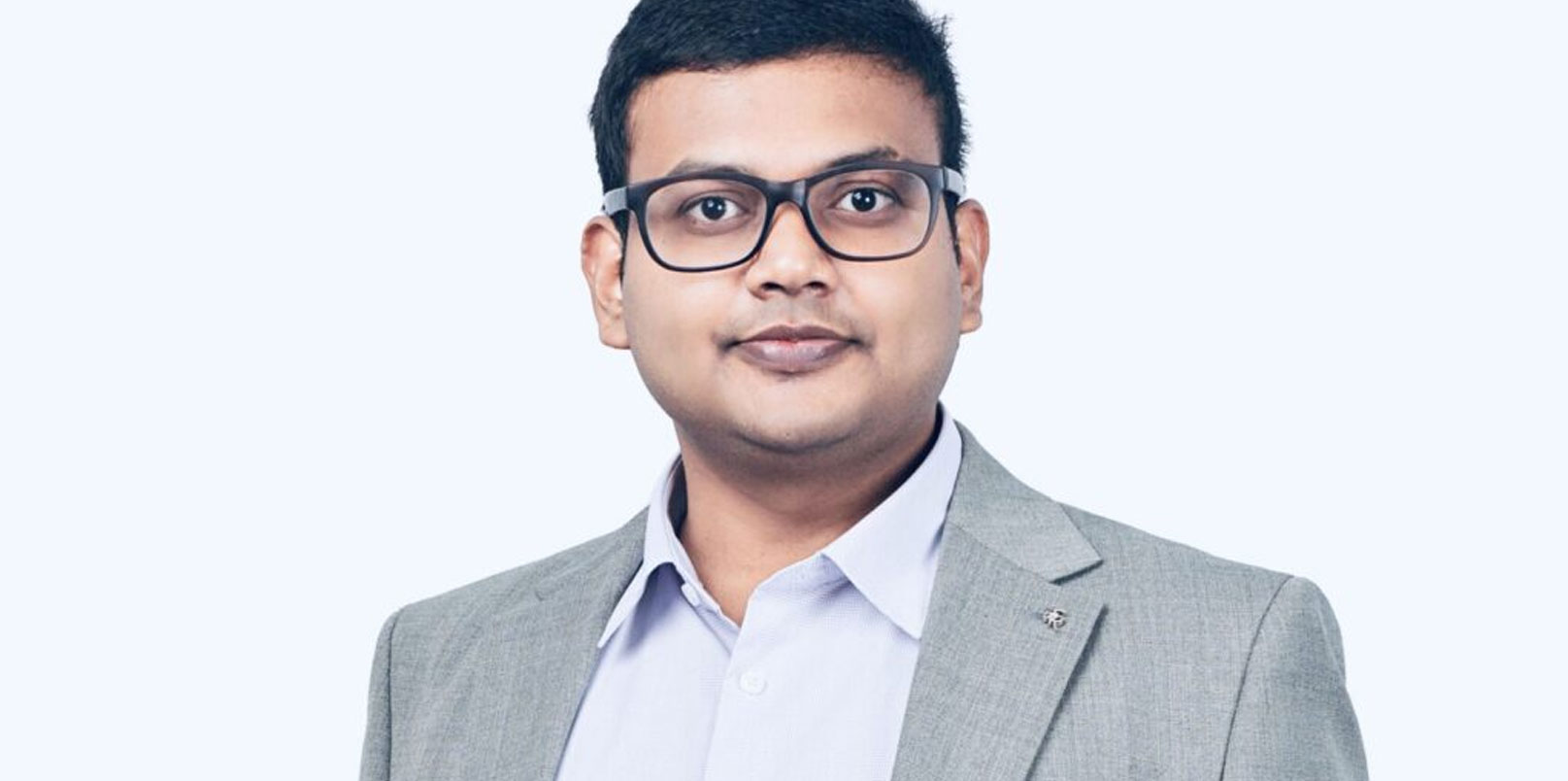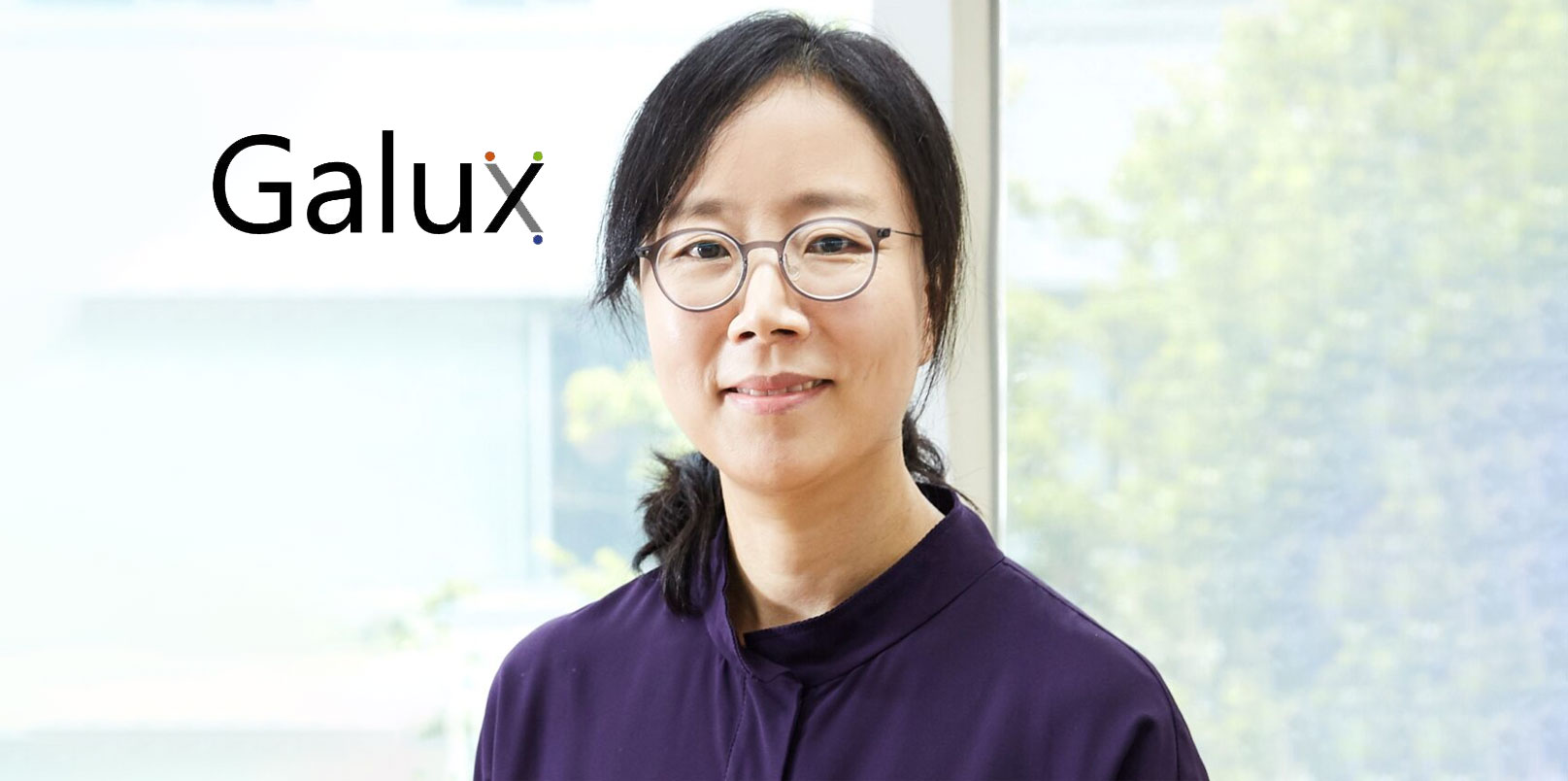Gerard Casale is an American venture capitalist, lawyer and businessman living in Santa Monica, California. The managing director and founder of TYLT Ventures, Casale has founded, invested in and operated many startups over the past decade. He has led and participated in over $1 billion of capital formation over the past 22 years.
Casale’s company TYLT Ventures holds investments in startup companies like Flexport, Thrive Market, Tala, MeUndies, Clutter, TodayTix, BeautyCon, and many others. Casale also helps to operate many business entities including those in the wireless accessory, food packaging/processing and dental technology fields.
Casale has practiced law for over 25 years and was a partner at a range of firms from his own practice to large national law firms with an emphasis on corporate and securities law. His last firm partnership was at TroyGould in Century City, Los Angeles, CA- before leaving to start and operate TYLT Ventures in 2013.
As an investor with TYLT Ventures Casale wants to search the globe for the brightest people who think differently and are dedicated to creating outsized results.
Koreatechdesk.com conversed with Gerard Casale, regarding his views on startups and his philosophy about investments in businesses he and his partners can understand and provide value-added service and/or advice to.
1. What is your background and domain expertise? And how did you become an investor?
I have spent 27 years as a corporate securities lawyer based in Los Angeles primarily focused on M&A and startups. I also founded and sold a technology development accelerator within the Hughes Research Lab [owned by Boeing, Raytheon and General Motors] in the early 2000s and ran that company as CEO until we sold it in 2004. From that experience, I started angel investing and then met my business partner and we founded TYLT Ventures in 2013.
2. As an investor, what kind of startups have you invested in and how did you find those startups?
Since inception, we’ve invested in nearly 50 companies and are agnostic in terms of any focus industry area. Our primary thesis is to find startups run by founders we believe fit the required founder profile and have taken their startup to where momentum is just starting to rev-up, they need capital to fuel growth, they are in an industry we understand and typically can help with more than just in terms of capital. We find these companies primarily through our personal networks, our advisor networks, our portfolio founder networks and scanning the globe at meetings/conferences, etc.
3. What would be the core factors you invest in those companies?
The FOUNDERS have to pass the test—we have our own proprietary method now of determining if the founders fit our profile. MOMENTUM is critical and typically we are involved in addition to capital such as advisory support, business development, manufacturing support, etc.
4. What is the investment range of your company and in a typical year, how many startups do you invest in? And do S.Korea headquartered startups get investment from you or should it be headquartered in certain countries?
We invest anywhere and our range is $250,000 up to $3,000,000 per transaction.
5. What are the main factors that startups fail as per your experience and how can they prevent mistakes in advance from your personal perspective?
Almost in every instance, we see failure, it is solely due to having the wrong people/founders and they either cannot manage people well, understand how to pivot when facing headwinds or are not resilient enough to battle through adversity. Also, keeping the structure simple and avoiding too much complexity at the start and foundational building of a startup is key. And companies that have no clear purpose or mission will typically be much more likely to fail.
6. What’s your advice to entrepreneurs who meet investors like you? And what are the top 3 questions you always ask founders?
I advise ensuring you have at least 2 or more on your founder team. It is very tough to be a sole founder, and have it work. Define your mission, your purpose clearly– the “why” on what you are doing. Find a clear path to not only proof of the concept but clear momentum in terms of whatever you define as success for your business. The 3 questions I am likely to ask will be – What is your purpose and mission? Why are you doing this? And What is your biggest problem right now?
7. What’s your general thought about the term “Global” and What are the important criteria for Korean startups to consider for a US expansion?
Global is the ultimate end and can take time or could be instant in today’s connected world. But FOCUS is the key. Find success first locally, by region or by country and clearly define an approach for any additional markets. Folks often come to us from other countries asking for partnering and guidance on entering the US markets and have a VC partner that can do more in the US than simply provide capital. As operators, we also understand how a business runs, P&L responsibility, etc.
8. Our company name is “beSUCCESS”, what’s your definition of “success” as an investor or as an individual human?
As an investor—finding outstanding extraordinary overall returns for our investors: period. As a human—making a positive impact on everything around me to the best of my ability.
9. What are the one or two things you would do differently if you could go back 10 years?
10 years ago, was a time when I had less focus on impact and although I was starting a phase where I was understanding my potential to make a difference as a human and as a professional—I wish I had started sooner.
10. When you come to Korea next time, what kind of Korean entrepreneurs and startups would you want to meet?
Entrepreneurs with the eye of the tiger, the fight in them and the desire to make a difference. Ideally, ones that are beyond a concept, beyond a proof of concept but that are executing and on the cusp of explosive growth.
As always you can follow KoreaTechDesk and Gerard on Twitter here!





